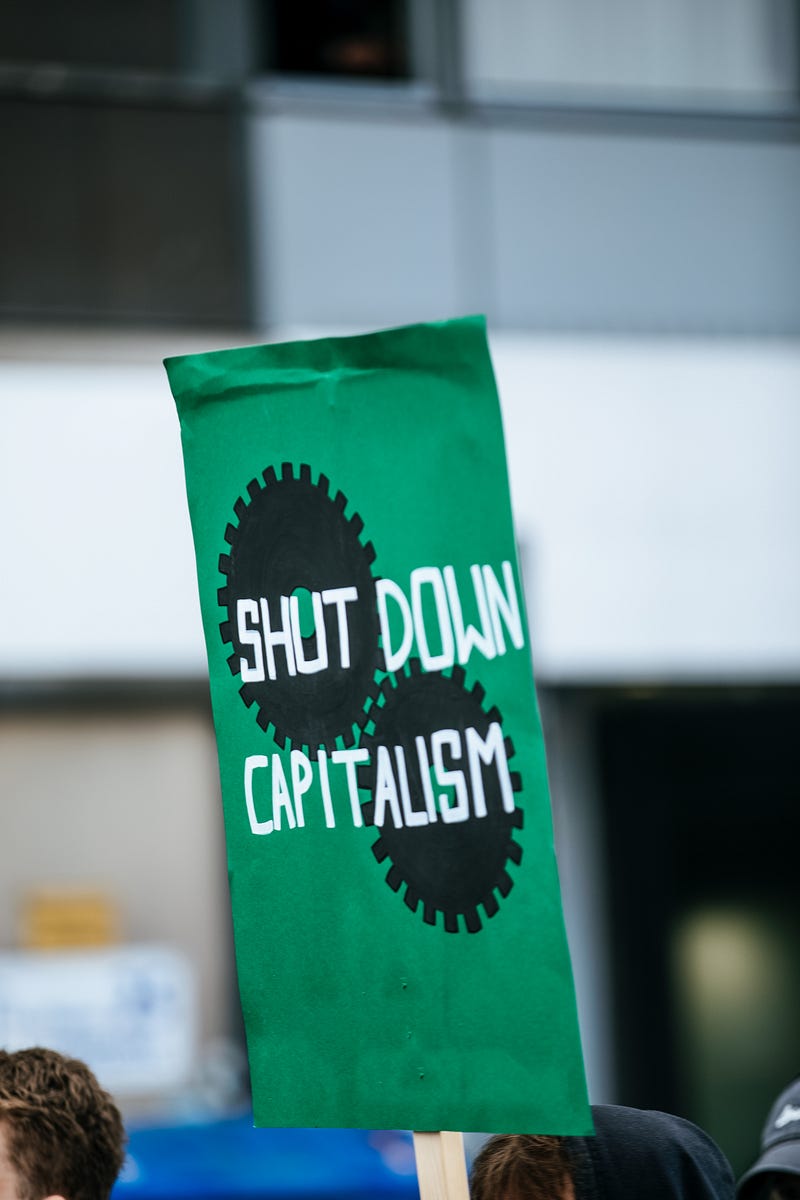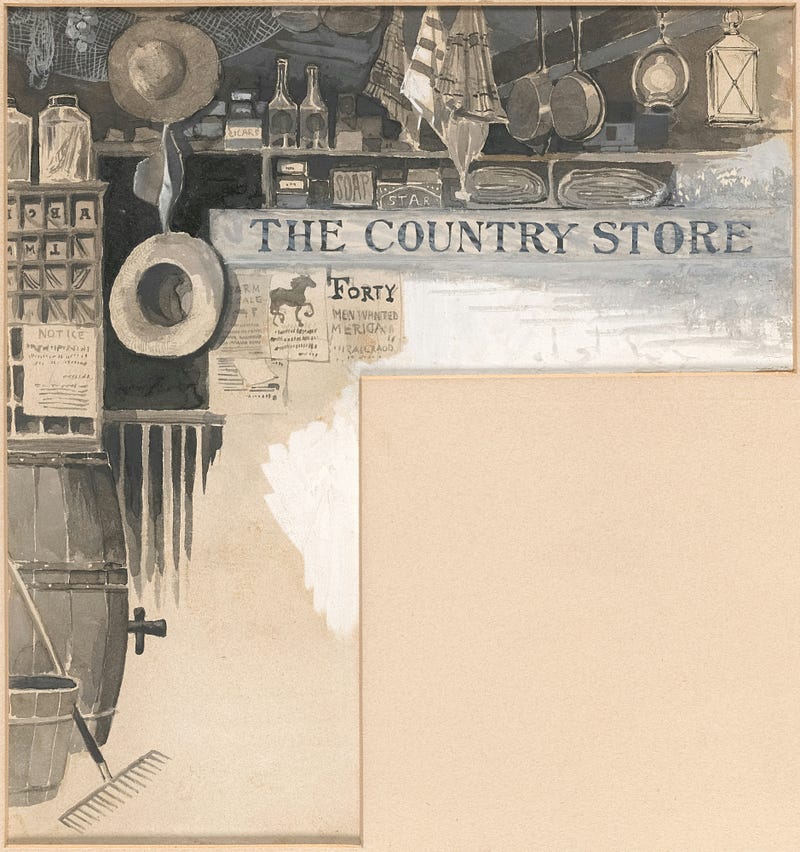A Discussion of Bourgeois Equality Chapter 63 “The Clerisy Betrayed the Bourgeois Deal, and Approved the Bolshevik and Bismarckian Deals”
Finally, we reach the chapter that explains what Dr. McCloskey has been alluding to throughout the book about the clerisy’s change in rhetoric against the Bourgeois Deal.
What she calls the clerisy is more commonly called the elite today — the overly educated class of people either in academia or in various bureaucracies, non-profits, and the like.
She notes the rebellion against the bourgeois virtues in the middle 1800s was personal in many ways, a generational divide. The younger generation saw their bourgeois fathers as captives to rationalism, merely calculating the costs and benefits. McCloskey says they did not understand the work life of their fathers.
The life of the bourgeois father is not always routine. It is often creative. What has raised income per person in the rich countries by a factor of at least ten and more likely one hundred since the eighteenth century is ingenuity backed by commercial courage, not rational science. (p. 598)
McCloskey discusses virtue ethics in earlier chapters and notes how we have reduced much of business and economics to just one virtue, prudence. This is essentially the smear made towards the bourgeois back then — that they were one-dimensional.
McCloskey points out that the clerisy’s attitude towards economics follows this similar trajectory. In the early 1800s, she says writers demonstrated an understanding of economic concepts like competition, arbitrage, and creative destruction. (p. 599)
However, by the late 1800s, writers showed disdain towards business people.
By the late nineteenth century economics had dropped out of the conversation entirely. No intellectual since 1890 has been ashamed to be wholly ignorant about the economy or economics, especially about the bourgeois economics that Marx admired and used and misused. (p. 599)
I feel that comment. I don’t mind conversing about a social issue with someone who disagrees with me as long as we can at least acknowledge the reality of economics. That is rare. Usually, a sneering attitude that being concerned with such “realities” is beneath them.
Or, as McCloskey phrases it, it is the rare intellectual,
…who can see the businessperson as anything other than the Other, to be compelled by state violence under the supervision of the clerisy to cough up their ill gotten gains to the proletariat, with suitable diversions to university professors and foundation fellows. (p. 599)
Two Challenges to the Bourgeois Deal
It is after 1848 that two alternatives arise: the Bolshevik Deal and the Bismarckian Deal.
The Bolshevik Deal is the central planning, private property abolishing communist system we saw in the USSR initially. McCloskey enlightens me on why they, this brilliant clerisy, thought it would work.
…the nature of Man under socialism would change, according to the utopian vision of the French Enlightenment, guided by us in the Party, or by us the expert clerisy. The notion was contrary to the idea of the Scottish Enlightenment that human nature is stable and that humans are equally if imperfectly rational and should be allowed as free and dignified adults to make their own decisions. (p. 601)
I have always thought systems like the Bolshevik Deal made no sense because they go against human nature. Now I see that that is the view of the Scottish Enlightenment, whereas this clerisy thought human nature was moldable, even if it would require millions of deaths to get there.
While the Bolshevik Deal mostly died with the fall of the USSR, the Bismarckian Deal has lived on.
Chancellor Otto von Bismarck created the modern welfare state when Germany implemented old-age pensions in the 1880s. (p. 604) Britain joined the movement in 1911 with compulsory unemployment insurance, and the US joined in 1933 with the New Deal.
Essentially the Bismarckian Deal is,
…the welfare state will substitute for your own or your family’s voluntary provision for old age or unemployment or medical care, and you will come to view the present state as your noble and benevolent lord. (p. 604)
People today largely do not know that this need being filled by the state had been handled by the private sector previously. Evidence of this is that Britain’s new unemployment program covered 12 million people, 9 million of which already had private coverage of some sort. (p. 605)
The US had a vibrant collection of voluntary civic groups that provided this kind of social insurance that get replaced by the State with the Bismarckian Deal.
It was not compassion that motivated Bismarck or likely other leaders. He was worried the lower classes could participate in some upheaval against the monarchy or Bismarck’s plans since the current system was not providing them much.
As Bismarck in retirement told the pro-German British journalist, historian, and civil servant William H. Dawson, “My idea was to bribe the working classes — or shall I say, to win them over? — to regard the state as a social institution, existing for their sake and interested in their welfare.” (p. 606)
It worked out well for the stability of the state, which created a dependent class, but it came at the great cost of weakening civil society. The organizations that provided social insurance connected people created social bonds, and provided meaning and purpose. But with the state taking over the job, they faded away.
Conclusion
McCloskey is calling for a renewal of the Bourgeois Deal.
A change is overdue. To admire the bourgeois virtues is not to buy into Reaganism or the Me Decade. We must encourage trade-tested betterment and then trade-tested supply, it being the hope for the poor of the world and being in any case a substantial part of what we are… (p. 599)
What we have today is not a healthy trade-tested system of betterment. We walked away from antitrust enforcement because we thought competitive forces could check the forces of concentrated wealth, but instead, great economic power is used to gain great political power.
An aristocratic, country-club capitalism, well satisfied with itself, or a peasant, grasping capitalism, despising itself, are both lacking in the virtues. Neither works. They lead to monopoly and economic failure, alienation and revolution. (p. 599)
A renewed appreciation of the bourgeois virtues and shedding of the view that all things economics and business are inherently corrupting would restore the Bourgeois Deal.
Reference: McCloskey, Deirdre Nansen, 2016. “The Clerisy Betrayed the Bourgeois Deal and Approved the Bolshevik and Bismarckian Deals,” Chapter 63 of Bourgeois Equality, The University of Chicago Press.




